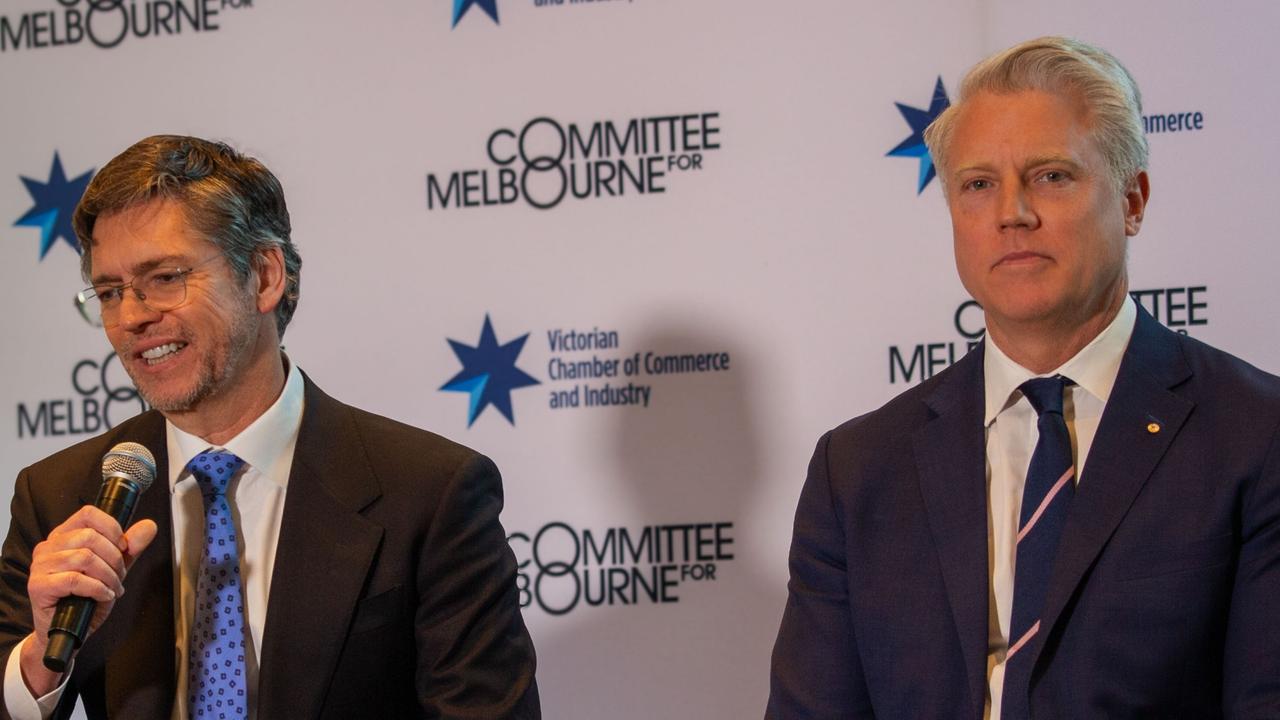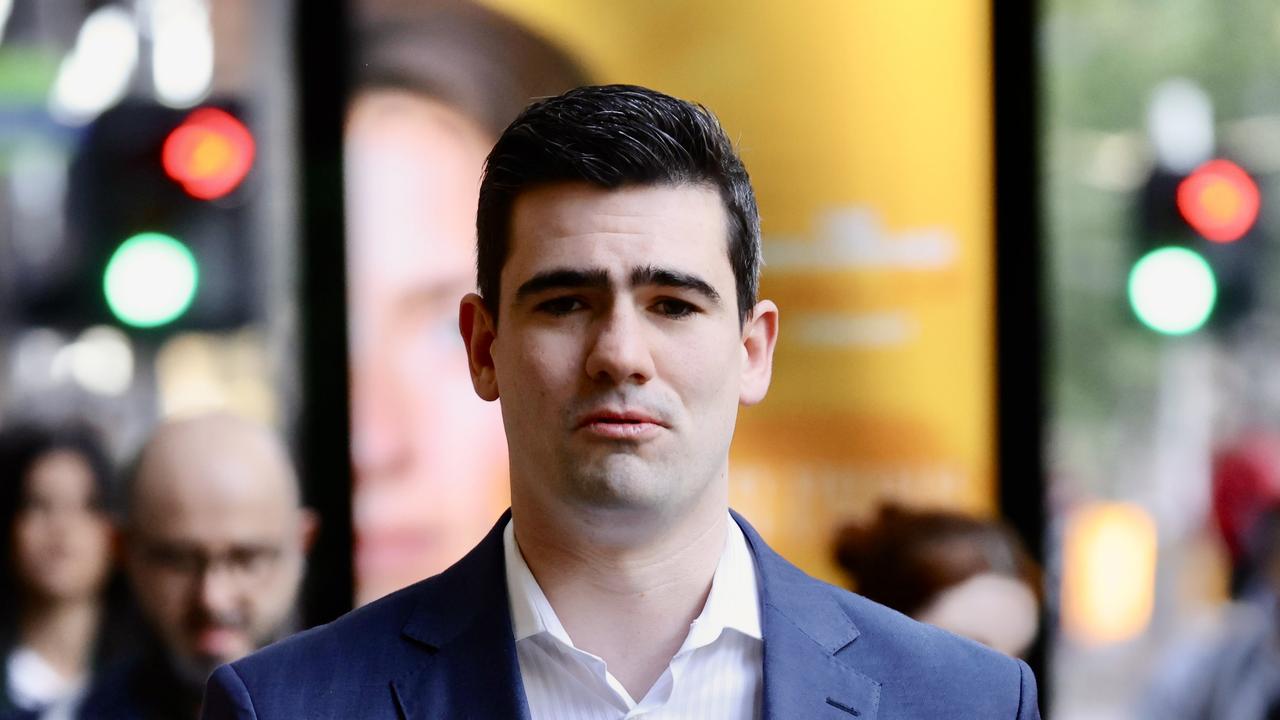City of Melbourne urban design guru Rob Adams declares war on cars in CBD
Melbourne City Council has distanced itself from an urban design guru following his controversial anti-car comments.
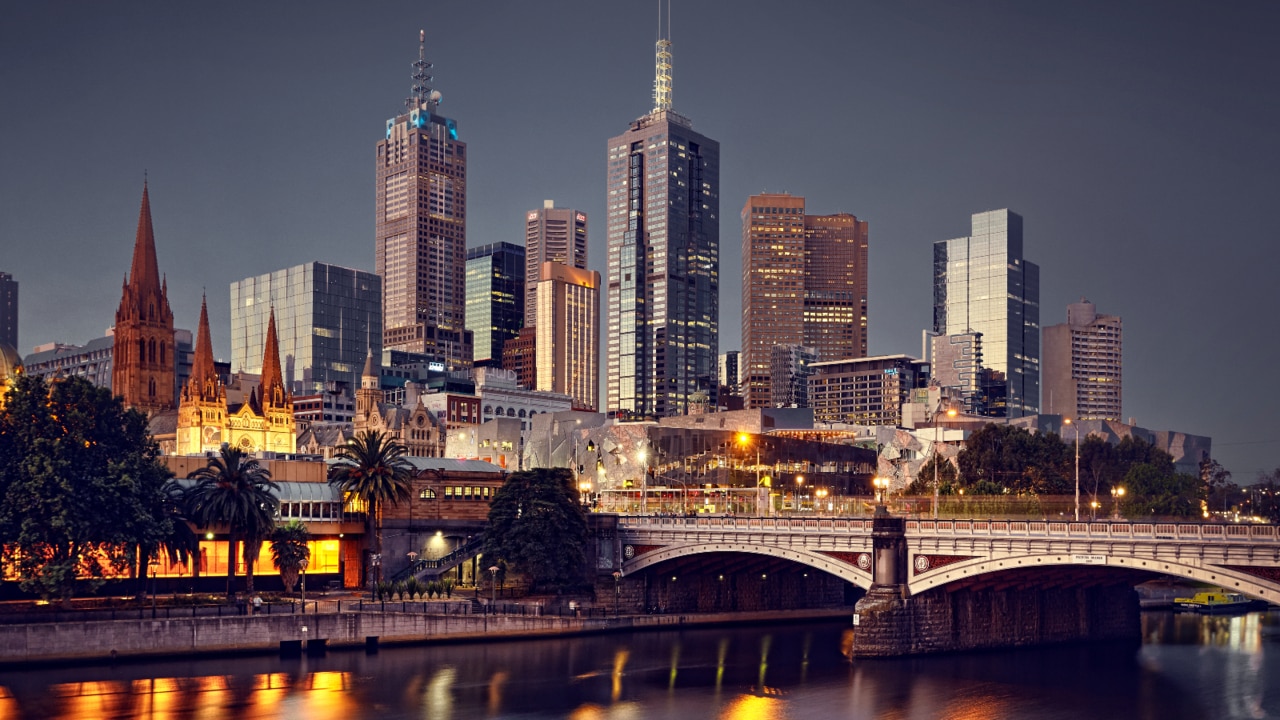
Victoria
Don't miss out on the headlines from Victoria. Followed categories will be added to My News.
A Town Hall urban design guru who made anti-car comments has been accused of wanting to banish motorists from the inner city.
Melbourne City Council has distanced itself from the views of its city architect Professor Rob Adams, who said this week that the “least efficient way to use a road is in the motor car”, and the city needed fewer car trips tobe more sustainable.
Speaking to a Victorian Chamber of Commerce and Industry (VCCI) event, the veteran council executive also declared himselfa Greens voter who welcomed federal Labor’s recent election win.
Small Business Australia executive director and Victorians Party founder Bill Lang said that if enacted, Prof Adams’ “greenUtopian vision” would devastate inner city retail as it was trying to recover.
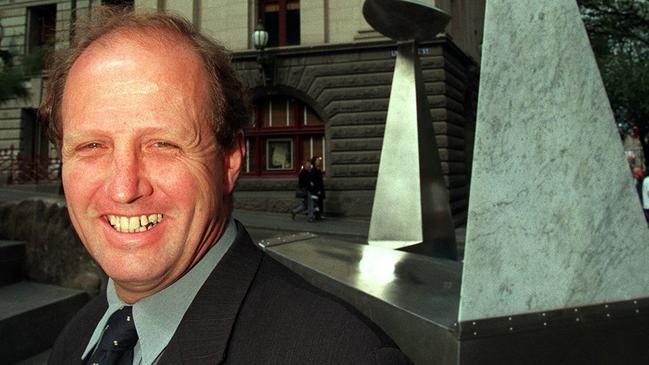
“There are any number of people who feel safer being able to drive their car, easily get a park, pop into a shop and thenhead back out,” he said.
“He wants to rule out people who don’t feel safe catching public transport, he wants to banish them from the City of Melbourne,that’s the implication.”
A recent Urbis report done for the council said that of trips taken to the inner city, 45 per cent were on public transport,41 per cent in cars, nine per cent by walking, and only four per cent by bike.
VCCI chief executive Paul Guerra, who has previously criticised some of the council’s new bike lanes, said planners must not lose sight of what made the CBD a vibrant centre for all Victorians.
“Melbourne needs a sensible mix of transport choices that is able to cope and handle day and night traffic so that cars, trucks,bikes, and pedestrians are provided a safe and efficient means of transiting into and through the city,” he said.
“Most people don’t live in the CBD, but many still want to work for companies who have offices in the CBD, and many also enjoythe fantastic hospitality, retail and events on offer.”
City of Melbourne chief executive Justin Hanney said Prof Adams was an outstanding individual with an international reputationin design, but his recent comments were made in a personal capacity.
“Council’s position is crystal clear. Our Transport Strategy 2030 is designed to support all transport modes – whether you’rearriving by car, foot, bike or public transport,” he said.
We are working hard to reignite this city, and bring as many people in as we can, as efficiently as possible, at all hours.”
Mr Hanney said that while council officers may have their own personal political views,only elected officials were entitledto have a political voice at council.”
Prof Adams, the council’s former city design director, played a key role in the revitalisation of the CBD from the 1990s throughthe Postcode 3000 program.
He is a strong advocate of urban densification, but admitted that “density is a swear word in Australian planning, peopledon’t like to talk about density because they think it frightens people”.
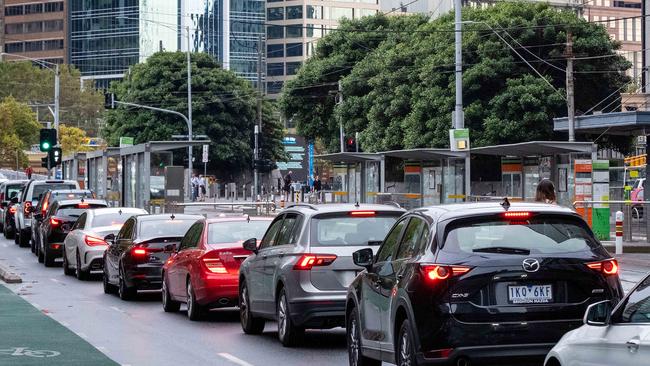
Prof Adams’ views reinforce perceptions among some that the city council is anti-car, despite Lord Mayor Sally Capp recently denying that its policy was to deter car use as more bike lanes were rolled out in the CBD.
“There are so many people reliant on cars, people who have come long distances and don’t have any other transport choice, people with disabilities … all the tradies, I think of people making deliveries, I think of emergency services … so there will always be space for cars,” she said in April.
Prof Adams said that good leadership was key to ensuring a more sustainable future.
“I can’t tell you the sigh of relief I had sitting in Madrid when I heard that the (Australian) Labor Party got in, and I’m not a Labor voter,” he said.
“I’m actually a Greens voter … but suddenly I thought we’ve come into the 21st century.”
Prof Adams said higher density living in established areas was vital if Melbourne was to climb up the list on the latest Arcadis Sustainable Cities Index.
“Density is a swear word in Australian planning, people don’t like to talk about density because they think it frightens people,” he said.
“We’ve got to stop expanding.”
Prof Adams said the pandemic showed that Melbourne suddenly didn’t have one CBD, but 30-plus CBDs.
“They (Melburnians) were comfortable within their local area, they were comfortable with the connections they made,” he said.
“Let’s allow change to take place, lets learn from Covid, let’s not get back to where we were.”
“And if you do that, I think you’ll find your workforce is happy, and gets out bed in the morning wanting to do the work rather than think ‘I’ve got to sit in the car now for … two hours before I get to work’”.
Arcadis Global Cities Director John Batten said Melbourne would rise in the sustainability stakes by building more bike lanes, improving walkability, and politicians “moving you folks off coal and gas into wind and solar renewables as fast as you possibly can”.




